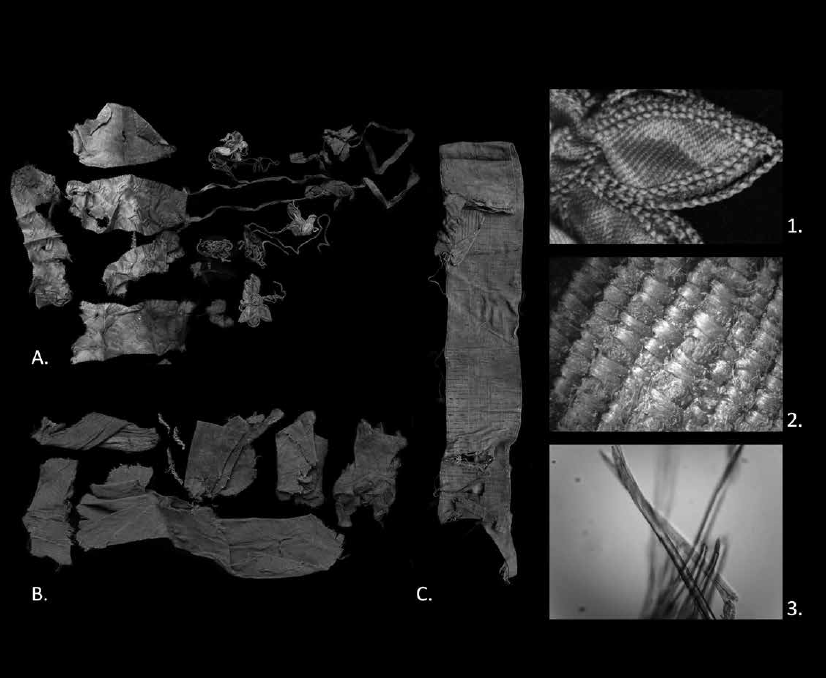Abstract
The importance of clothes and the act of dressing is well known for the material culture studies. However; in the colonial context of the Reign of Nueva Granada; there are a very few archaeological evidences; or researches of this kind; looking for a better understanding of the individual or collective practices of dressing; and particularly those practices related to the burial of the bodies. Despite the widespread and strongly stereotyped images of social classes during the colony; and the apparently obvious ways in which those classes were supposed to dress; the current research presents theoretical considerations about the construction of these categories; and their troubles in terms of the interpretation of production; consumption; trade and use of different cloths and goods. The results are based on the laboratory analysis of the archaeological evidences recovered back in 2004; during the excavations of the burials in “La Candelaria” Church. The material includes garments; religious ornaments; shoes; adornments and other elite personal items from 18th century to early 20th century in Santafe de Bogotá.
Apuntes is registered under a Creative Commons Attribution 4.0 International Public License. Thus, this work may be reproduced, distributed, and publicly shared in digital format, as long as the names of the authors and Pontificia Universidad Javeriana are acknowledged. Others are allowed to quote, adapt, transform, auto-archive, republish, and create based on this material, for any purpose (even commercial ones), provided the authorship is duly acknowledged, a link to the original work is provided, and it is specified if changes have been made. Pontificia Universidad Javeriana does not hold the rights of published works and the authors are solely responsible for the contents of their works; they keep the moral, intellectual, privacy, and publicity rights.
Approving the intervention of the work (review, copy-editing, translation, layout) and the following outreach, are granted through an use license and not through an assignment of rights. This means the journal and Pontificia Universidad Javeriana cannot be held responsible for any ethical malpractice by the authors. As a consequence of the protection granted by the use license, the journal is not required to publish recantations or modify information already published, unless the errata stems from the editorial management process. Publishing contents in this journal does not generate royalties for contributors.


